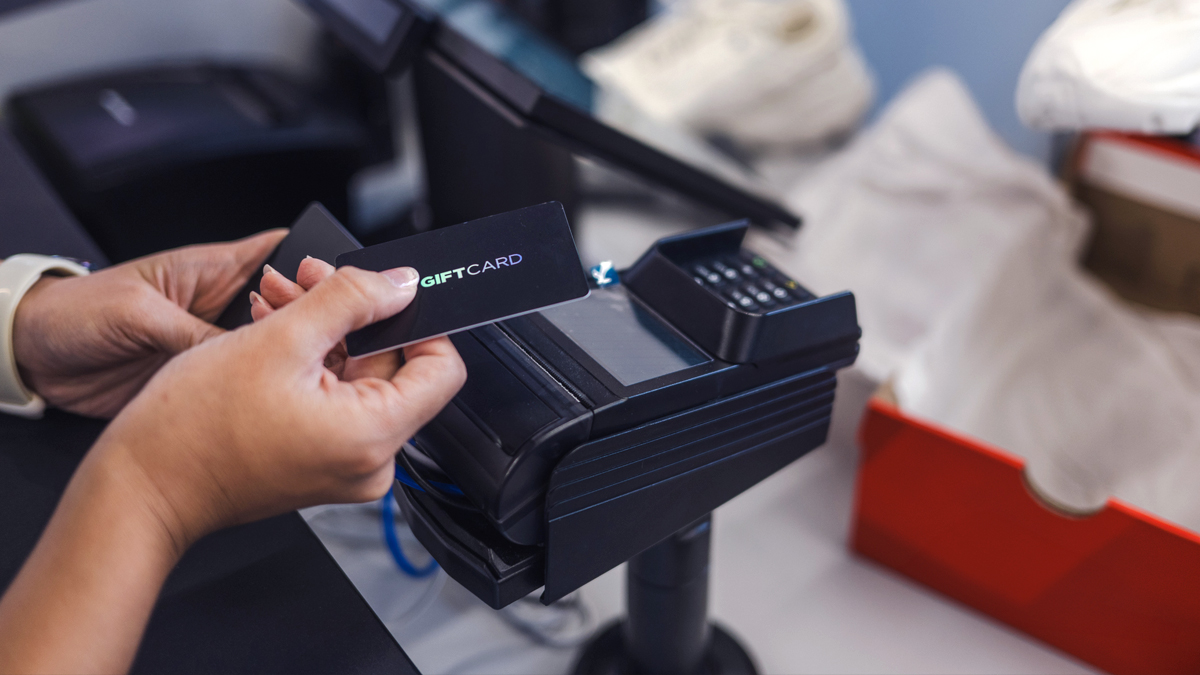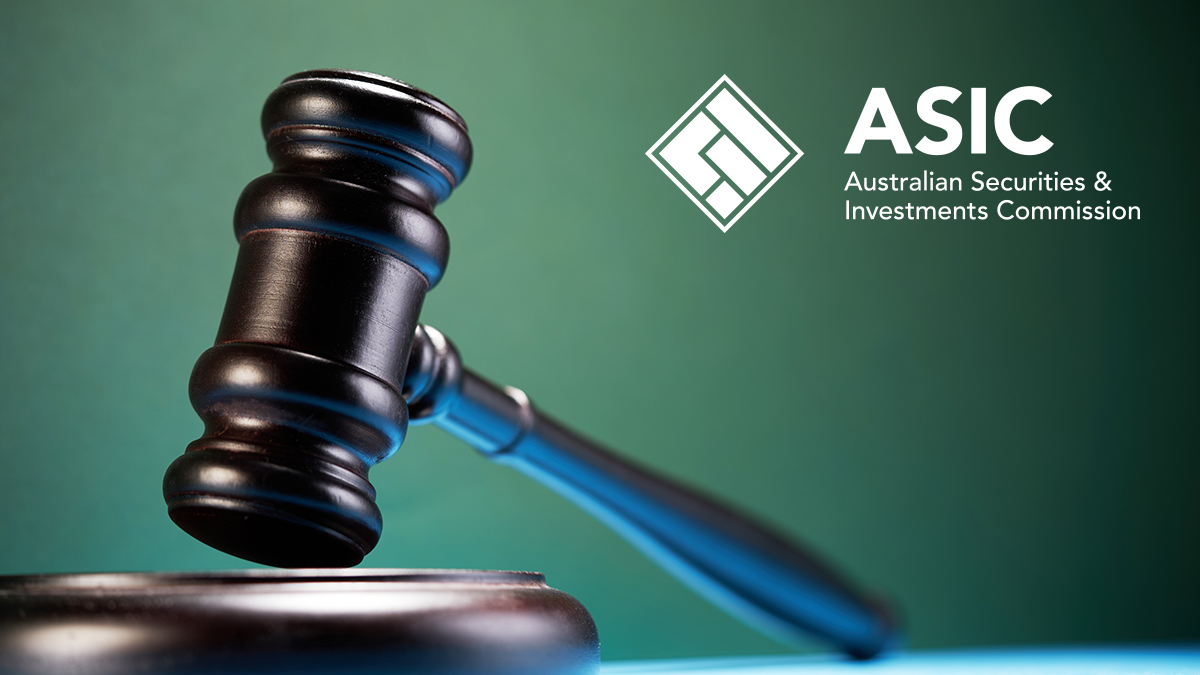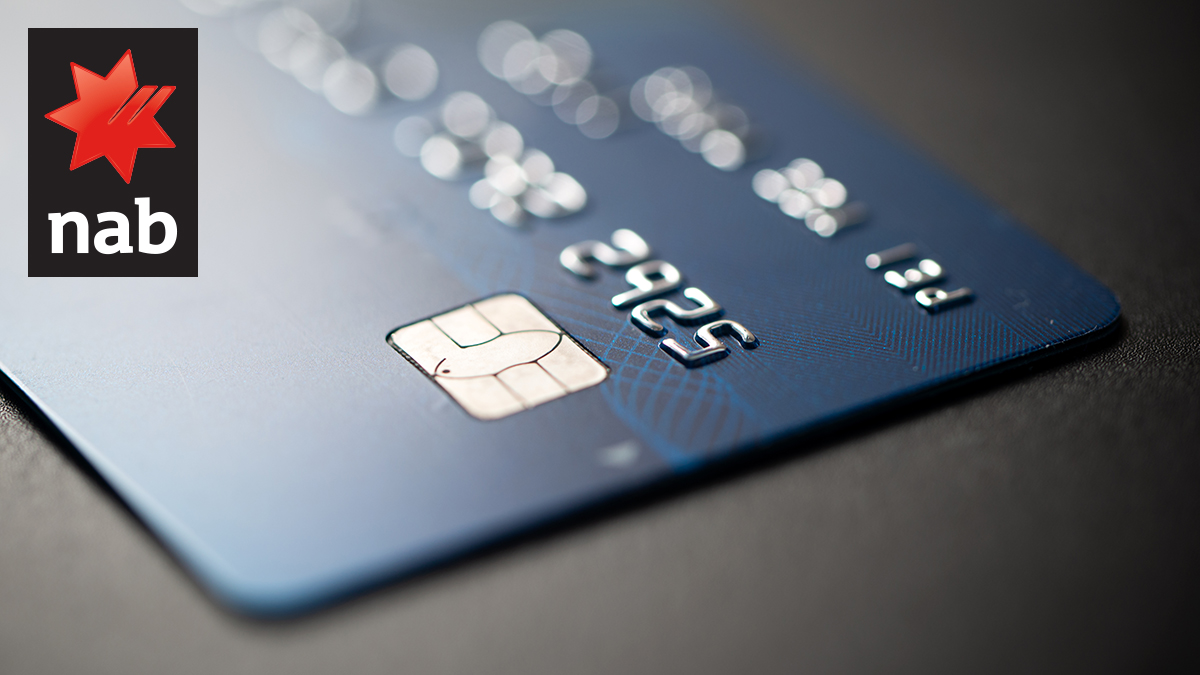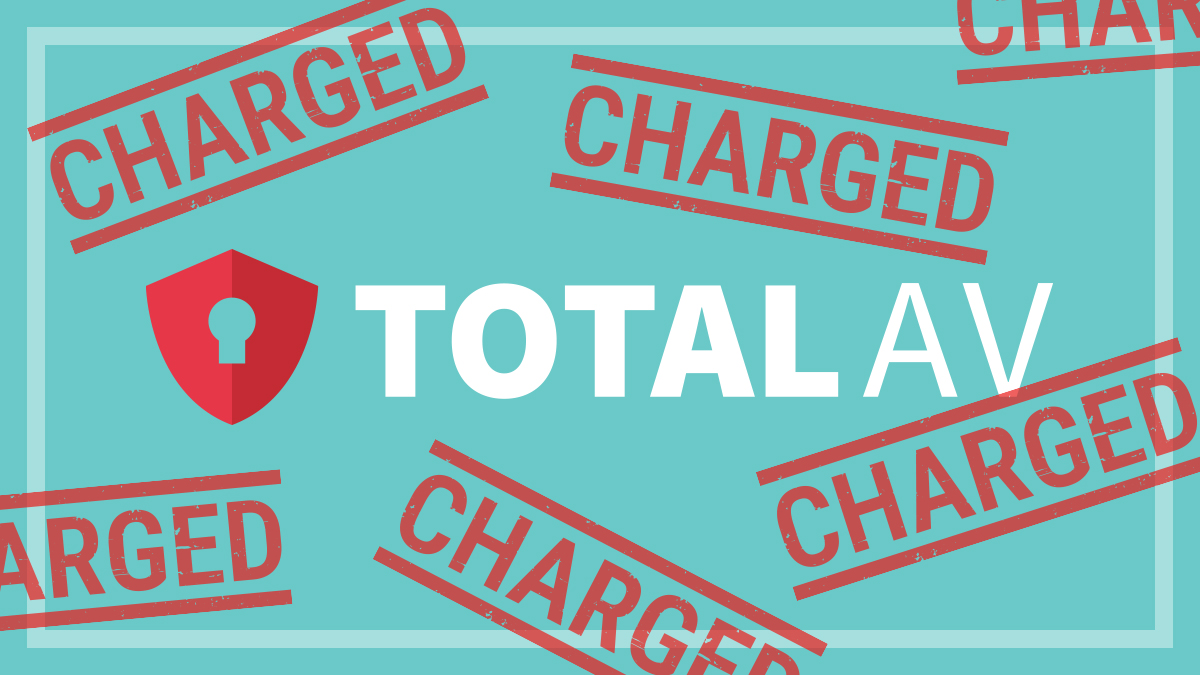Get our independent lab tests, expert reviews and honest advice.
Are there better options than buy now, pay later?

Need to know
- No-interest loans (NILs) are available to people on low incomes, and are better and safer options than BNPL
- You shouldn't use BNPL to pay essential bills, as utility providers are obliged to offer support if you're struggling
Buy now, pay later (BNPL) services are quick to approve credit, which makes them an attractive option for many people who find themselves short on cash.
But, as we’ve seen throughout this series, that easy, fast line of credit can lead to significant financial distress for some people down the track.
Responsible lending standards and checks in place for BNPL products fall below regulatory standards of other forms of credit
Although Australian market leader Afterpay doesn’t charge interest, the ‘paying better’ model of paying later can turn into high levels of interest-equivalent late fees if you fall behind. These fees are capped at a maximum of 25% of the original purchase price.
We’ve also explored how the responsible lending standards and checks in place for BNPL products fall below regulatory standards of other forms of credit because they aren’t forced to comply with the National Credit Code and the obligations that come with it. The BNPL sector does have its own code of conduct but advocates say it falls short.
Weaker protections
According to a report by Financial Counselling Australia, the hardship policies and support that BNPL providers offer are also much weaker than those of traditional lenders.
Although BNPL providers sell themselves as a budgeting tool and not a way for people to make ends meet, a 2020 CHOICE survey, as well as the stories we’ve explored in this series, have shown that this isn’t true for everyone.
In this third article in the series, we’ll explore what other options are out there for people who find themselves coming up short when they need to make a necessary purchase.
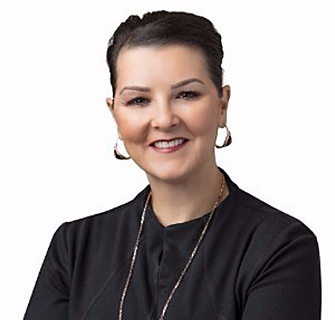
No-interest loans
Good Shepherd runs Australia’s largest no-interest loans (NILs) program for those on low incomes to access credit for the things they need.
Open to anyone with a Health Care Card, a Pension Card, or individuals earning less than $45,000 a year after tax (couples can earn up to $60,000 a year), NILs offer a safe and affordable line of credit for essential purchases.
The program offers up to $1500 for things such as washing machines and fridges, medical bills and car repairs, and is paid back at an affordable rate without interest over a 12 to 18 month period.
Not for profit
Stella Avramopoulos, CEO of Good Shepherd Australia New Zealand, tells CHOICE that the organisation hands out about 30,000 NILs a year around Australia and that, as new products come on the line, that figure is expected to grow.
“People need to be offered alternative choices that alleviate their financial stress. Our advice is independent, we aren’t making a profit, so we are offering safe advice, unlike BNPL,” she says.
“It stops a cycle and a debt spiral. Australians are carrying debt and it just keeps getting bigger and bigger and we seem to be ignoring that. We need to look at those in the debt trap and if we are addressing that. We are creating a tsunami down the line.
“NILs make that assessment upfront and we couldn’t give a loan to someone who wouldn’t be able to service it.”

No late fees
Avramopoulos says that about 70% of customers coming to Good Shepherd for a NIL are already burdened by existing debt, either through BNPL or a payday lender.
She says NILs are processed in roughly one week, at times making it difficult to compete with the almost instantaneous nature of BNPL.
“While it’s not as fast as Afterpay or Zippay, it is better for you and it is safer for you and affordable,” she says. “It is really no fees and no interest – even though a lot [of other services] claim no interest, there are fees for late payments, so lots of people do end up paying late fees, that’s the reality.”
Downside of NILs
But NILs aren’t all good news. Dr Marcus Banks from the School of Economics, Finance and Marketing at RMIT University says the downside of the NILs scheme for many customers is that it’s limited to the purchase of necessary products and can’t be used for discretionary spending.
He adds that some customers may feel a stigma about going to a welfare organisation.
“The commercial relationship is different in a perverse way because [with BNPL] they are treated as a customer rather than a welfare beneficiary,” he says.
Deferring your bills
One of the areas of the BNPL market that’s of greatest concern, according to Julia Davis, senior policy officer for the Financial Rights Legal Centre, is the use of BNPL to pay bills.
Larger market players Zip Pay and Humm both advertise on their websites that you can pay bills with their services. But there are also smaller, more specialised players such as Deferit that offer BNPL for the paying of bills only.
Missing out on assistance
Davis says that using BNPL to pay utility or telecommunications bills is “dangerous” because it means missing out on the hardship assistance that essential services are required to offer people if they’re struggling.
“If you don’t tell them you’re in hardship, if you instead use some third-party payment system like Deferit, then you’re missing out on a lot of assistance that you are legally entitled to,” she says.
If you instead use some third-party payment system … you’re missing out on a lot of assistance that you are legally entitled to
Julia Davis, senior policy officer, Financial Rights Legal Centre
“Energy providers are required to keep you connected if you’re in hardship, but if they don’t know you’re in hardship… it’s not going to help you in the long run, it’s not a sustainable solution.
“These third-party services are masking [the help you can get], they are not doing anyone a service.”

‘We aren’t a BNPL’
In the previous article in this series, we explored the payment structure and fees of Deferit, which offers up to $2000 to pay bills in instalments, while also charging a $6 monthly fee when you have balance owing.
But Deferit denies that it’s even a BNPL provider.
“We are not a buy now pay later provider and it’s factually incorrect to refer to us as one – customers are not able to buy anything on our platform,” CEO Jonty Hirsowitz tells CHOICE.
Deferit adheres to a standard higher than that described in the BNPL code
Jonty Hirsowitz, CEO of Deferit
Perhaps unsurprisingly, then, he also defends Deferit’s decision not to sign up to the BNPL industry self-regulation code of conduct.
“Deferit adheres to a standard higher than that described in the BNPL code,” he says. “We perform credit checks, comply with responsible lending guidelines and refer applicants back to a biller if we see evidence of hardship on a bill that has been submitted to us.”
‘Our service does not target people in financial hardship’
Despite the fact that Deferit offers services exclusively for the paying of bills, Hirsowitz says the company caters to many non-essential service bills that don’t offer hardship assistance to customers. He also denies that Deferit targets vulnerable people in financial difficulty.
“Our service does not target people in financial hardship and we do not accept bills where signs of financial hardship are present,” he says.
“Less than one percent of our customer base actually misses a payment with us, a clear indication that our platform is being used by ordinary Australians to pay their bills on time and as a proactive budgeting tool.”
BNPL investigation series
This is part three in our investigation into buy now, pay later services.
- Read part one: Is buy now, pay later a modern debt trap?
- Read part two: Does buy now, pay later need tighter regulation?
If you need help tackling your debt, call the National Debt Helpline on 1800 007 007 for free, confidential and independent information and advice.

